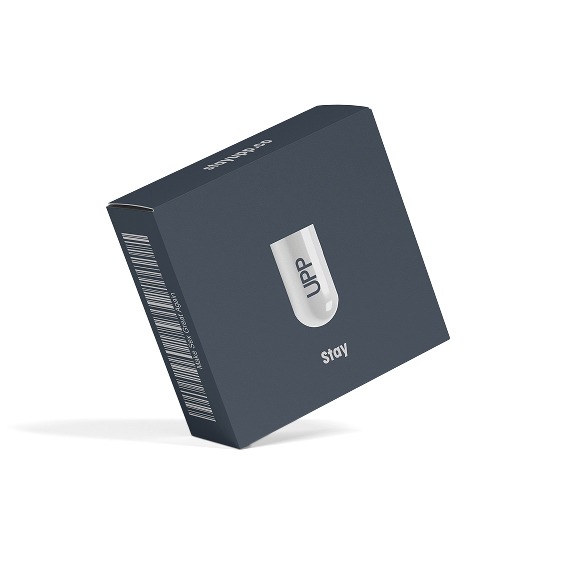Important Safety Information
for UPP

What is UPP used for?
UPP is designed to support sexual performance by enhancing blood flow, promoting stronger erections, and improving stamina.
Who should not use UPP?
Who should not use UPP?
Who should not use UPP?
Do not take UPP if:
- You are taking medications that contain nitrates (commonly prescribed for chest pain) or guanylate cyclase stimulators, as combining them can cause dangerously low blood pressure.
- You have a serious heart condition that makes sexual activity unsafe.
- You have severe liver or kidney disease.
- You have a history of low blood pressure or uncontrolled high blood pressure.
- You have experienced vision loss due to non-arteritic anterior ischemic optic neuropathy (NAION).
- You have a history of prolonged or painful erections (priapism).
- You have a known allergy to any of the ingredients in UPP.
If you are unsure whether UPP is safe for you, consult a healthcare professional before use.
How should I take UPP?
- Take one capsule with water about 15 minutes before sex.
- Effects can last up to 24 hours.
- Avoid taking with a heavy meal, as this may slow absorption.
- Do not take more than one dose in 24 hours.
What are some common side effects?
Some common side effects may include:
- Headaches – Due to increased blood flow.
- Flushing or warmth – A temporary sensation as blood vessels expand.
- Nasal congestion – Caused by changes in circulation.
- Indigestion or nausea – Especially if taken on an empty stomach.
- Dizziness or lightheadedness – Due to lowered blood pressure.
These side effects are typically mild and temporary. If you experience prolonged discomfort or severe reactions, stop use and consult a healthcare professional.
What should I check before taking UPP?
UPP may interact with certain medications, so it’s important to check if you:
- Take nitrates, alpha-blockers, or blood pressure medications (as UPP may cause a sudden drop in blood pressure).
- Use CYP3A4 inhibitors (such as ritonavir, ketoconazole, itraconazole, or erythromycin), as these can increase the amount of active ingredients in your bloodstream, leading to a greater effect and increased risk of side effects.
- Consume large amounts of alcohol, which can increase the risk of low blood pressure, dizziness, or fainting.
- Have a history of heart disease, stroke, or arrhythmia.
- Have a bleeding disorder or stomach ulcers.
- Have kidney or liver disease.
- Have retinitis pigmentosa or any other eye condition.
What are the most serious side effects to watch for?
Seek immediate medical attention if you experience:
- Severe dizziness or fainting – Could indicate dangerously low blood pressure.
- Prolonged erections (lasting more than 4 hours) – This may lead to permanent damage if untreated.
- Sudden vision loss in one or both eyes – Could be a sign of NAION, a rare but serious condition.
- Sudden hearing loss – May be accompanied by ringing in the ears (tinnitus) or dizziness.
- Chest pain, irregular heartbeat, or shortness of breath – Could indicate a serious heart condition.



